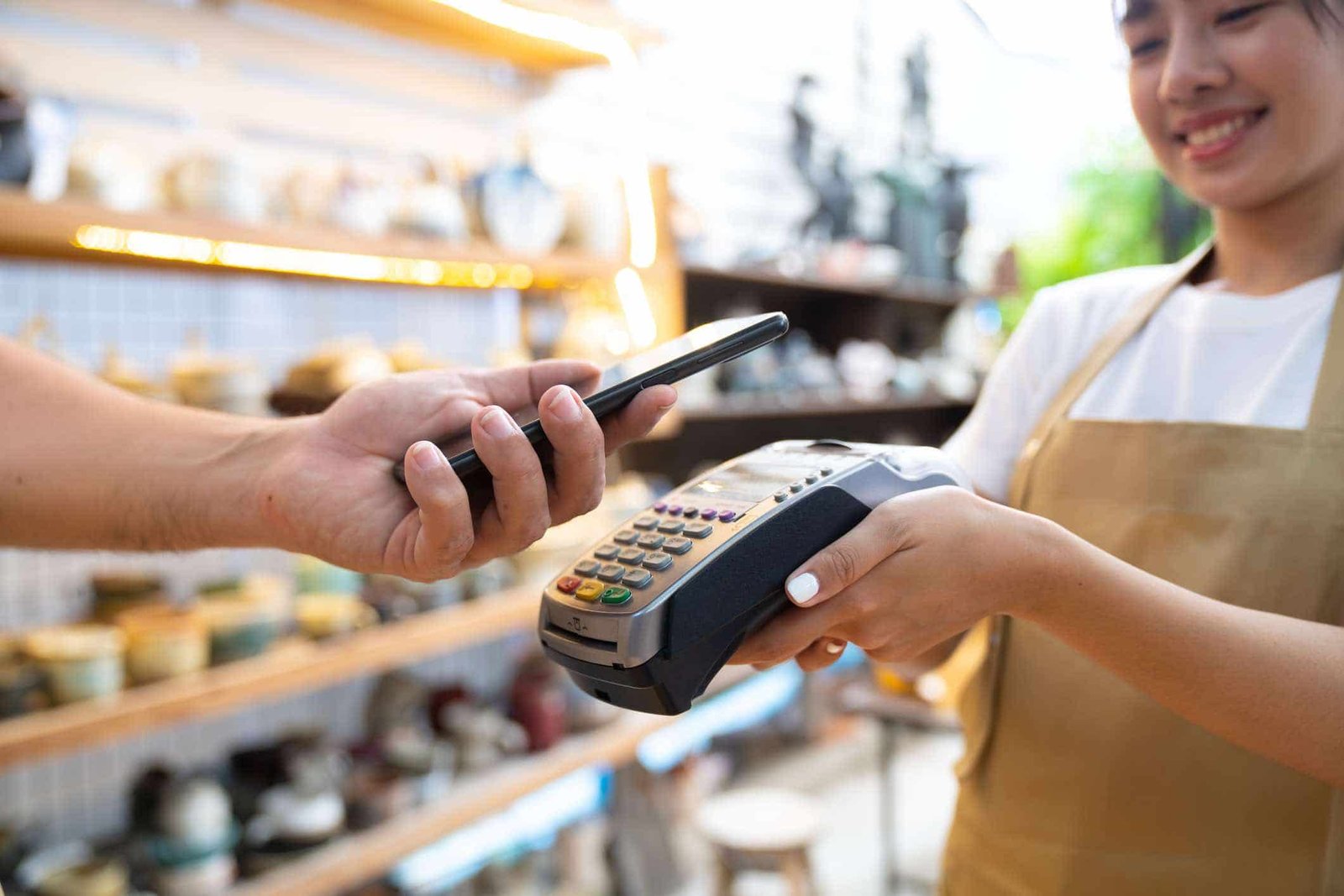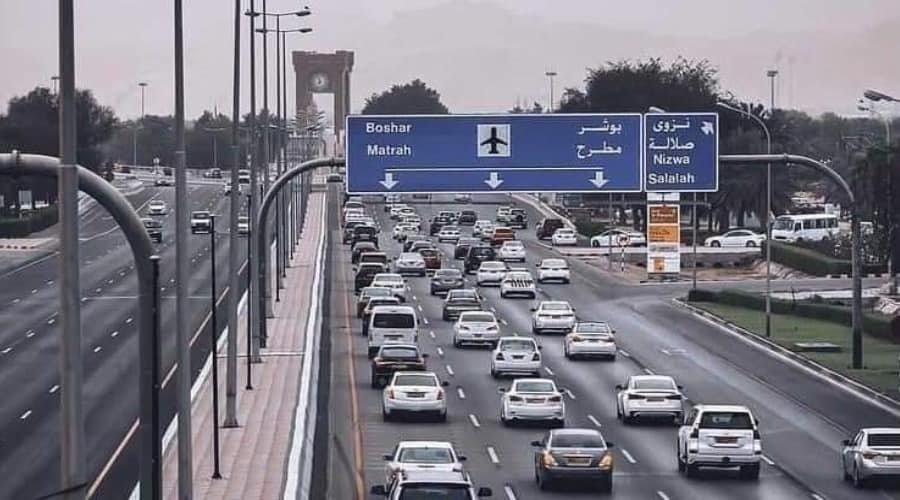DUBAI: Dubai is moving decisively toward a cashless future with the launch of the Dubai Cashless Strategy, aiming for 90% of all transactions to be digital by 2026. The initiative covers a wide range of payments, from government services to everyday shopping, reflecting the city’s ambition to streamline financial transactions and enhance convenience for residents and visitors alike. Already, 97% of government payments are conducted digitally, demonstrating strong progress toward a fully digital economy.
The strategy leverages cutting-edge technologies such as fintech innovations, artificial intelligence, contactless payments, and even cryptocurrency solutions to facilitate secure and efficient transactions. By integrating these tools, Dubai seeks not only to simplify payments but also to create a more transparent and resilient financial ecosystem that can support the city’s rapid economic growth.
Financial analysts project that the shift to a cashless economy could boost Dubai’s economy by over AED 8 billion annually, driven by increased efficiency, reduced transaction costs, and higher consumer spending. The digital approach also allows for better tracking and management of financial flows, supporting both business operations and government oversight.
The initiative aligns with Dubai’s broader vision of becoming a global leader in smart city innovations and digital transformation. By redefining the way money is used and managed, the city is setting a benchmark for other global financial hubs while fostering a culture of convenience, security, and technological adoption among its population.
Dubai’s move toward a predominantly digital economy is more than just eliminating cash—it represents a reimagining of financial interaction, positioning the city at the forefront of futuristic economic and technological development.



